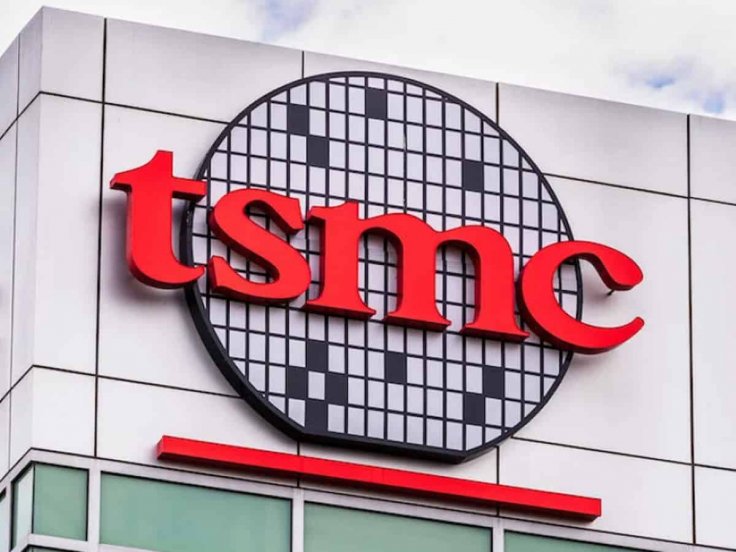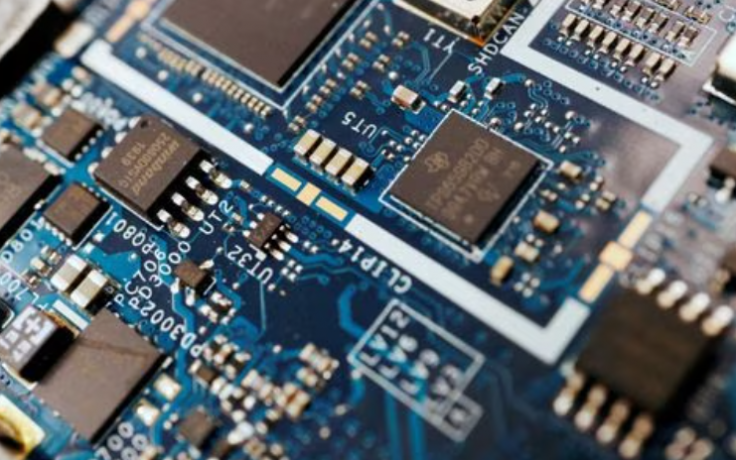Germany has successfully wooed the world's largest contract chipmaker to build a massive semiconductor plant in the country, a step that would boost Europe's bid to push key supply chains closer to the continent.
Taiwanese chipmaker TSMC said on Tuesday it will spend $3.8 billion to build the factory in the eastern German city of Dresden. TSMC will build the plant jointly with auto parts maker Bosch, semiconductor maker Infineon and the Netherlands' NXP. The total investment is more than $11 billion and the plant will become operational in 2027.

"With this TSMC investment, another global player in the semiconductor sector is coming to Germany. This shows that Germany is an attractive and competitive location," German Economy Minister Robert Habeck said, according to the DW.
TSMC will be the majority holder in the venture with a 70 percent stake, while the other companies will hold 10 percent each.

The German government will make a 5 billion euro contribution for the construction of the plant. The huge government outlay displays Berlin's intent to boost the domestic semiconductor industry even as its car industry is facing increasing global competition.
"Germany is now probably becoming the major location for semiconductor production in Europe ... That is important for the resilience of production structures around the world, but it is also important for the future viability of our European continent, and it is of course particularly important for the future viability of Germany," German Chancellor Olaf Scholz said, according to Reuters.
TSMC also said it will make a capital injection of $4.5 billion for ramping up the construction of the $40 billion Arizona plant in the US.
Winning over TSMC is a big feat for Germany as high-tech industries in the country faced chip shortages in the aftermath of the Covid-19 pandemic, which broke key supply chains. The European Union has committed to spend 43 billion euros in subsidies to make sure the region's chipmaking capacity is doubled by 2030.
Read more









